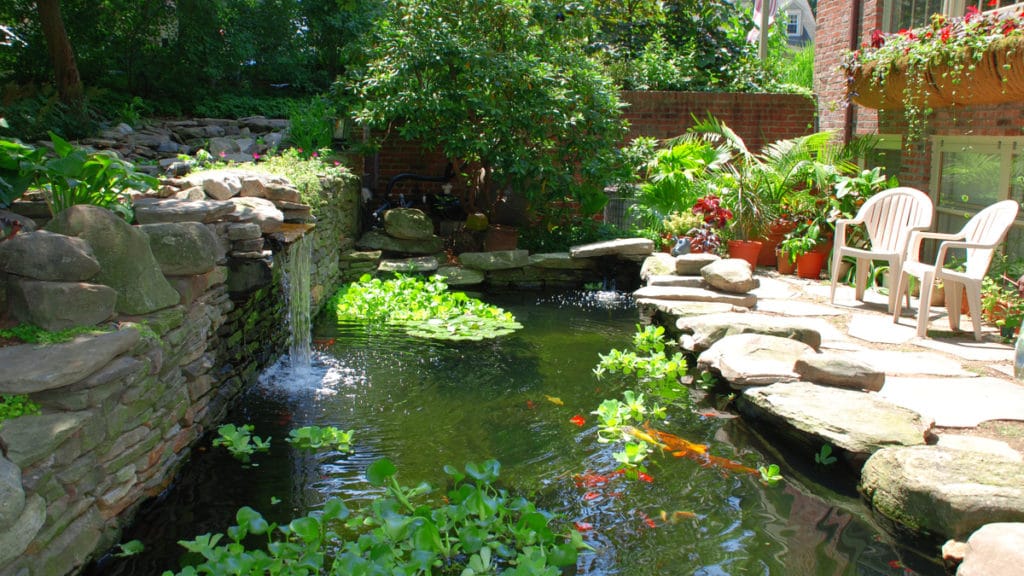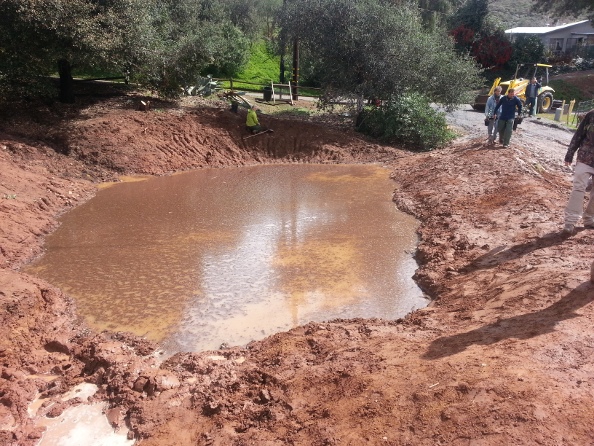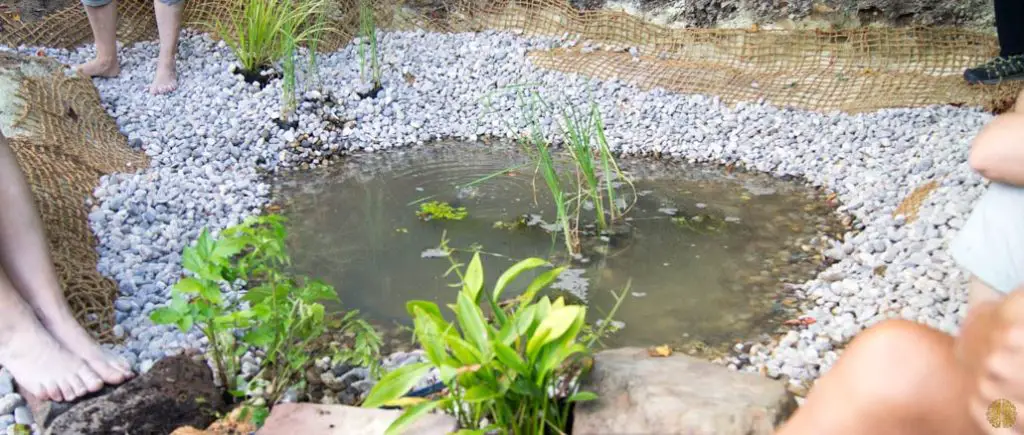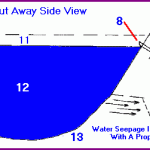Building a natural pond without a liner is a great way to create a beautiful and sustainable water feature in your garden. This method allows the pond to blend seamlessly into the environment, providing a habitat for wildlife and a serene spot for relaxation. Here are the steps to guide you through the process of building a natural pond without a liner:
1. Choose the Right Location
When selecting a location for your natural pond, consider factors such as sunlight exposure, proximity to trees, and the slope of the land. Make sure the spot you choose is free from overhanging trees that could drop leaves into the water and create maintenance issues.
2. Dig the Pond
Using a shovel or a small excavator, dig out the shape of your pond. Create shelves at varying depths to provide different habitats for aquatic plants and animals. Aim for a gradual slope rather than steep sides to prevent erosion and make it easier for wildlife to access the water.
3. Compacting the Soil
After digging the pond, compact the soil in the bottom and along the sides to help hold water. You can use a tamper or simply walk around the pond to firm up the soil. This step is crucial to reduce the risk of water seepage.

Credit: be.chewy.com
4. Add a Layer of Bentonite Clay
Bentonite clay is a natural material that swells when wet, creating a waterproof barrier. Spread a layer of bentonite clay over the compacted soil at the bottom and sides of the pond. Make sure to follow the manufacturer’s instructions for the proper application.
5. Fill the Pond
Once the bentonite clay is in place, fill the pond with water. Allow the water to settle and the clay to form a seal. Keep an eye on the water level and top up as needed during this settling period.
6. Plant Aquatic Vegetation
Introduce native aquatic plants to your pond to help filter the water, provide oxygen, and create a natural ecosystem. Choose a variety of plants such as water lilies, cattails, and duckweed to add beauty and functionality to your pond.
7. Add Rocks and Logs
Enhance the natural look of your pond by adding rocks and logs around the edges. These features not only provide shelter for wildlife but also help to stabilize the soil and prevent erosion. Be creative in arranging the rocks and logs to create a visually appealing landscape.
8. Maintain the Pond
Regular maintenance is essential to keep your natural pond healthy and thriving. Remove debris such as leaves and algae, trim overgrown plants, and monitor the water quality. Consider adding beneficial bacteria to promote a balanced ecosystem.

Credit: permies.com
Benefits of a Natural Pond Without a Liner
Building a natural pond without a liner offers several advantages:
- Enhances the beauty of your garden
- Creates a habitat for wildlife
- Promotes biodiversity
- Requires minimal maintenance
- Blends harmoniously with the environment
Conclusion
Building a natural pond without a liner is a rewarding project that allows you to connect with nature and create a sustainable water feature in your garden. By following the steps outlined above and incorporating native plants and materials, you can enjoy a beautiful and eco-friendly pond that will enhance your outdoor space for years to come.





